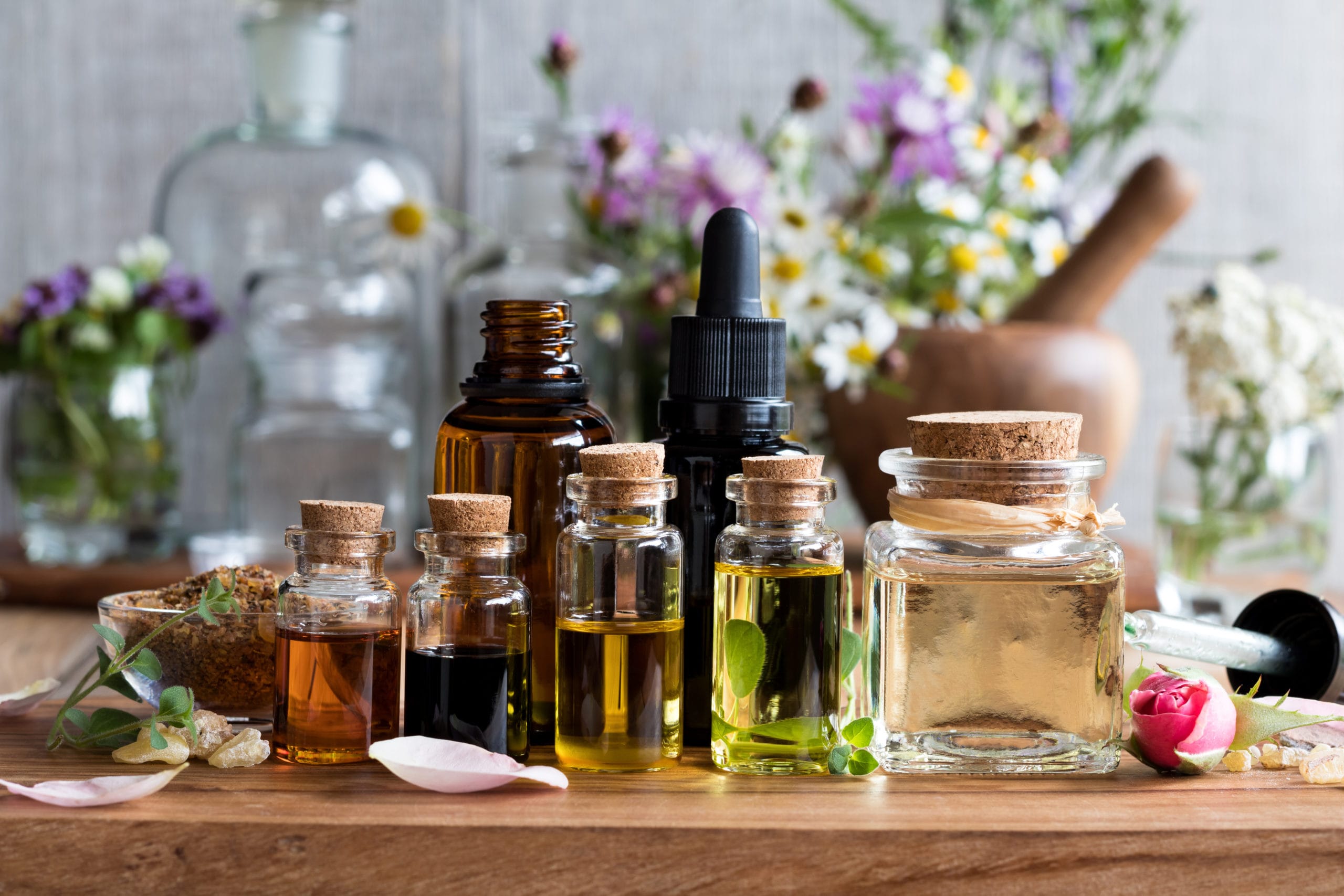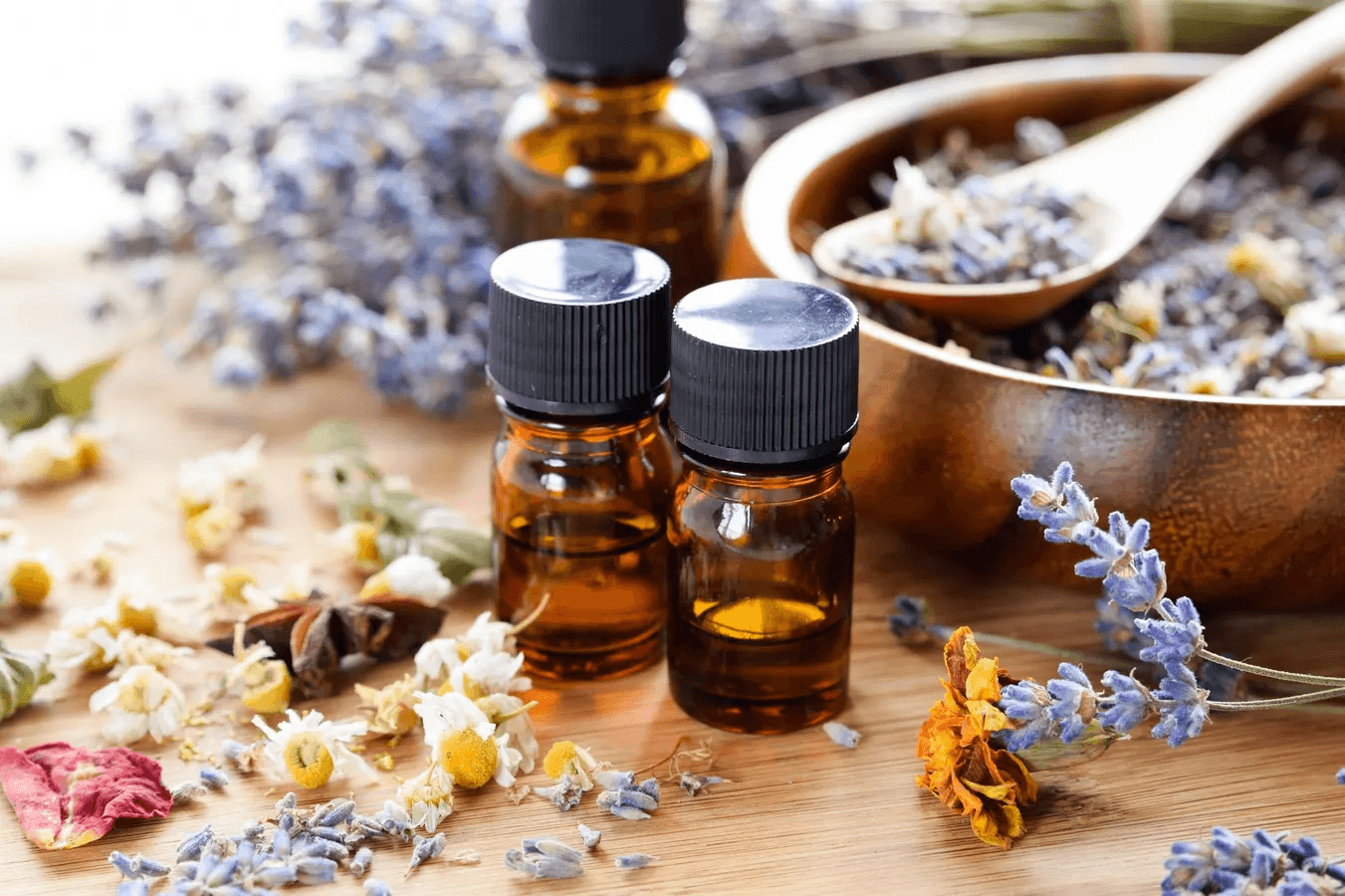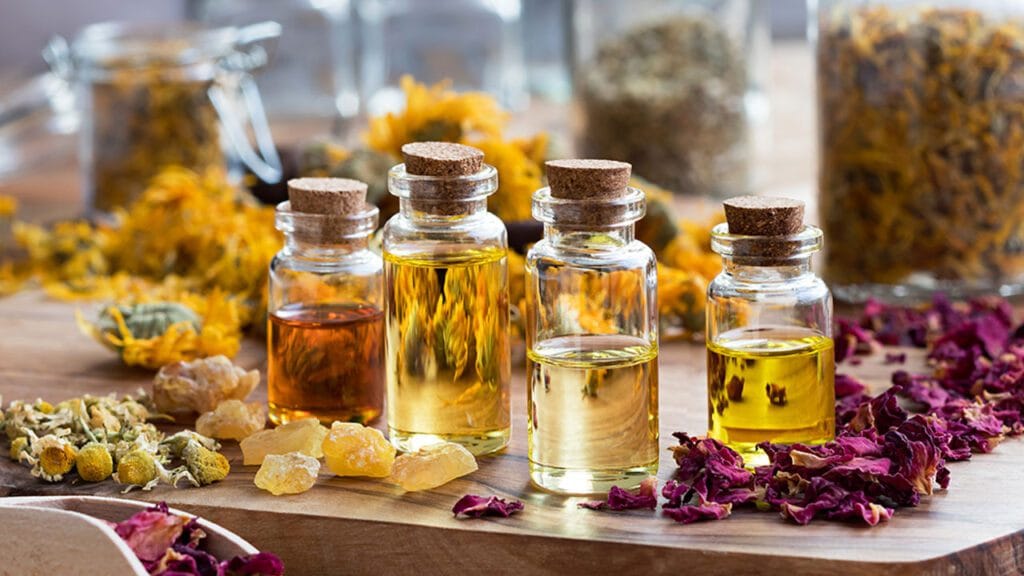Exploring the Power of Essential Oils in Managing Post-Orgasmic Illness Syndrome
Aromatherapy, the practice of using essential oils to improve physical and emotional well-being, has been used for centuries to address various health concerns. For individuals with Post-Orgasmic Illness Syndrome (POIS), the debilitating symptoms can be overwhelming and disruptive. This post explores how aromatherapy might offer symptom relief and improve overall well-being, providing a natural, holistic approach to managing POIS.

Introduction: Aromatherapy as a Natural Healing Modality
Aromatherapy is a holistic healing treatment that uses natural plant extracts to promote health and well-being. It is often used to reduce stress, alleviate anxiety, enhance mood, and improve overall mental and physical health. For individuals with POIS, who experience symptoms such as fatigue, brain fog, muscle pain, and emotional distress, the calming and soothing properties of essential oils may offer an effective complementary approach to managing these symptoms.
How Aromatherapy Works: The Science Behind Essential Oils
Aromatherapy works by stimulating the olfactory system—the part of the brain connected to smell—which then sends signals to the brain’s limbic system, responsible for emotions, memory, and behavior. By inhaling or applying essential oils to the skin, their active compounds can enter the bloodstream and impact physical and emotional well-being.
For POIS sufferers, aromatherapy’s potential lies in its ability to:
- Reduce stress and anxiety: Many essential oils have calming effects that can ease the anxiety or mental strain associated with POIS episodes.
- Promote relaxation: Oils like lavender can help the body unwind, improving sleep quality and helping to alleviate feelings of physical discomfort.
- Relieve muscle pain: Some oils, like eucalyptus and peppermint, have anti-inflammatory properties that can ease muscle soreness.
- Improve mental clarity: Oils such as rosemary and lemon are known for boosting focus and mental clarity, which may counteract POIS-related brain fog.
Essential Oils for POIS Symptom Relief
Not all essential oils are created equal when it comes to symptom relief for POIS. Certain oils have properties that can directly address the common symptoms of POIS, from fatigue to emotional stress. Here’s a breakdown of some of the most effective essential oils and how they may help:
-
Lavender: Known for its calming and relaxing properties, lavender oil is excellent for reducing anxiety, improving sleep, and relieving tension.
-
Peppermint: This cooling oil is widely used for pain relief, especially for muscle soreness and headaches, making it a great option for POIS-related physical discomfort.
-
Eucalyptus: With its anti-inflammatory and pain-relieving properties, eucalyptus oil can help alleviate muscle pain and respiratory symptoms, which may be present in some POIS cases.
-
Rosemary: Often used for its ability to boost mental clarity and focus, rosemary oil may help individuals with POIS combat brain fog and cognitive fatigue.
-
Chamomile: Chamomile oil has strong anti-anxiety and mood-enhancing effects, making it useful for managing the emotional toll POIS can take on individuals.
-
Lemon: Energizing and mood-lifting, lemon oil can help boost energy levels and improve concentration, both of which are often affected by POIS episodes.

How to Use Essential Oils for POIS Relief
There are several ways to use essential oils to manage POIS symptoms. Incorporating aromatherapy into your daily routine can be simple and effective when using the right techniques. Here are some popular methods:
1. Inhalation:
The most common and effective way to use essential oils is through inhalation. You can do this by:
- Diffusing: Use an essential oil diffuser to disperse the scent of your chosen oils throughout your living space. This allows for continuous inhalation, creating a calming environment.
- Steam inhalation: Add a few drops of essential oil to a bowl of hot water and breathe in the steam. This is particularly effective for oils like eucalyptus or peppermint, which help with respiratory relief and muscle relaxation.
- Direct inhalation: Apply a drop or two of essential oil to a tissue or cotton ball and inhale the scent directly for quick relief during POIS episodes.
2. Topical Application:
Essential oils can be applied directly to the skin (always diluted with a carrier oil, such as coconut or jojoba oil). Some common topical uses include:
- Massage: Dilute essential oils and use them in a soothing massage to relieve muscle pain and tension. Oils like lavender, peppermint, and eucalyptus are ideal for this purpose.
- Baths: Add a few drops of essential oil to a warm bath for relaxation and symptom relief. Lavender and chamomile are excellent choices for a calming bath that soothes both the body and mind.
3. Aromatherapy Roller Blends:
Pre-diluted essential oil roller blends are a convenient way to carry aromatherapy on the go. Roll them onto pulse points like the wrists, temples, or neck to experience their calming effects throughout the day.
4. Pillow Sprays and Linen Mist:
Create a calming environment by spritzing a blend of lavender or chamomile onto your pillows and bed linens. This can help promote restful sleep, which is critical during POIS recovery.
Safety Considerations for Using Essential Oils
While essential oils can be beneficial, it’s important to use them safely. Some essential oils may cause allergic reactions or skin irritation if not properly diluted. Always perform a patch test before applying oils to large areas of the skin, and avoid ingesting essential oils unless under the guidance of a healthcare provider.
Additionally, some essential oils are not recommended for use during pregnancy or for individuals with certain health conditions, so be sure to consult with a healthcare professional before using them.
Benefits of Aromatherapy for POIS Symptom Management
There are numerous benefits to incorporating aromatherapy into a POIS symptom management plan:
- Non-invasive: Aromatherapy provides a natural, non-invasive way to ease symptoms without the need for medications or invasive treatments.
- Holistic approach: Essential oils can address both physical and emotional symptoms, making them ideal for managing the multifaceted nature of POIS.
- Accessible: Essential oils are widely available and easy to incorporate into daily routines, making them an accessible form of relief for most individuals.
- Customizable: With a wide range of oils available, individuals can personalize their aromatherapy experience based on their specific symptoms and preferences.
Conclusion
While aromatherapy is not a cure for POIS, it offers a natural and holistic way to manage the condition’s physical and emotional symptoms. Essential oils like lavender, peppermint, and eucalyptus can provide calming, pain-relieving, and mood-enhancing effects that may improve the quality of life for those dealing with POIS.
If you’re considering incorporating essential oils into your symptom management plan, consult with a healthcare professional to ensure safe and effective use. As part of a broader strategy for managing POIS, aromatherapy can be a valuable tool for easing discomfort and promoting emotional well-being.
